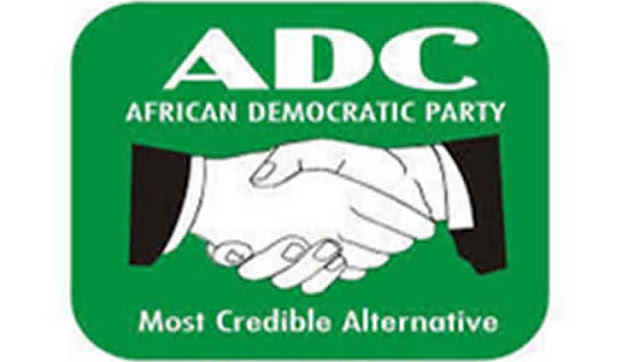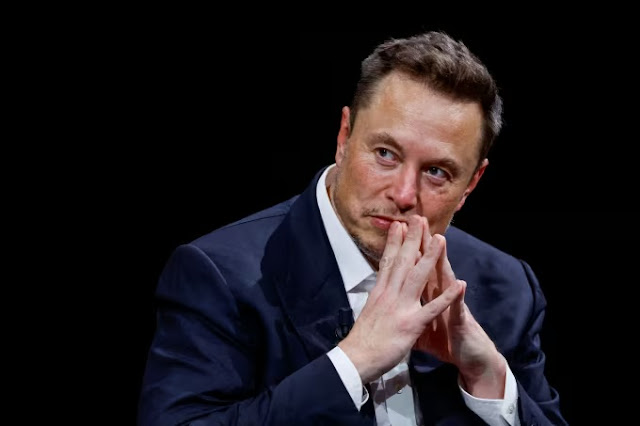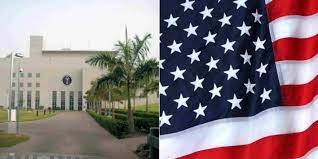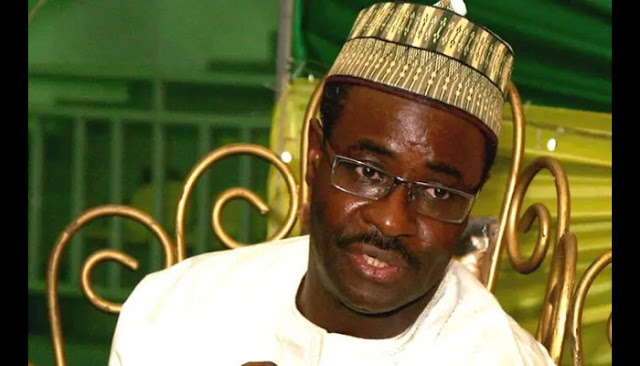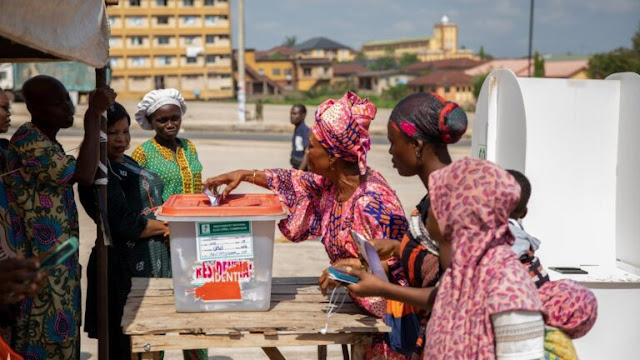What began as Nigeria’s most anticipated opposition coalition is now showing clear signs of fracture, with internal conflict within the African Democratic Congress (ADC) threatening to derail plans to unseat the All Progressives Congress (APC) in the 2027 elections.
The ADC, adopted as the coalition’s official platform, has become the centre of a contentious leadership dispute, driven by mistrust, rival ambitions, and disputed authority. At the heart of the crisis is Nafiu Bala, a former Gombe State governorship candidate, who has declared himself interim national chairman of the party.
Bala’s declaration comes in response to what he calls an “illegal and disgraceful hijack” of the party’s structures by figures aligned with the coalition’s leadership. Among them is former Senate President David Mark, who was recently named ADC chairman with the endorsement of Ralphs Okey Nwosu, the party’s long-serving national leader.
The tension, once regarded as a procedural disagreement, has escalated into a broader power contest. While the leadership transition had been described to the public as a strategic realignment to accommodate high-profile figures like Atiku Abubakar, Nasir el-Rufai, and Peter Obi, several long-time ADC members now portray the shift as an orchestrated incursion by political outsiders.
At a press briefing in Abuja, Bala criticised the new leadership’s handling of the transition.
“We are all living witnesses to the show of shame and acts of lawlessness being displayed by these unscrupulous leaders, who, without any qualm or sense of moral restraint, plunged our party into a needless crisis and leadership uncertainty,” he said.
Bala further accused key actors of bypassing the party’s internal mechanisms and, in his words, “mortgaging the future of our great party by abdicating constitutional duties to political strangers.”
He described the sequence of events as a “shoddily rehearsed political melodrama” in which committed party members were cast aside to make room for newcomers seeking control.
Supporters of Bala maintain that this is more than a disagreement over titles, it is a struggle to protect the party’s democratic principles.
“No political coalition can survive when its foundation is based on disregard for rules and ownership,” said a senior party figure.
The dispute intensified following the appearance of a letter dated 18 May 2025, allegedly confirming Bala’s resignation. He has categorically denied its authenticity, calling it a fabricated attempt to delegitimise his position and clear the path for the coalition’s restructuring of the ADC.
“This document, which has been circulated by certain mischievous elements within and outside our party, is entirely false and without merit,” Bala stated. “I wish to unequivocally state that I have not resigned. The timing and content of this fake resignation letter are not only misleading but also riddled with glaring contradictions that raise serious questions about its authenticity.”
Bala recalled that on 2 July 2025, during a public event at the Yar’Adua Centre in Abuja, Ralph Nwosu had explicitly confirmed that Bala had not stepped down, dismissing the resignation rumours as untrue.
With both camps standing firm, legal experts suggest the judiciary may now be required to intervene to resolve competing claims to the party’s leadership. This uncertainty risks stalling the coalition’s preparations at a critical moment.
“This is how the opposition loses again, before the real race even begins,” observed a former PDP governor involved in the coalition effort. “We’ve gone from rallying forces to building castles on shifting sand.”
The ADC had not always been the coalition’s first choice. Initial talks among Atiku, Obi, Wike, el-Rufai, Aregbesola, and Secondus leaned towards forming a brand-new political party. But logistical concerns, chief among them registration deadlines and anticipated scrutiny from the Independent National Electoral Commission (INEC), prompted a pivot to an existing party structure.
That decision, while expedient, has brought its own challenges. “Fishing in troubled waters has consequences,” noted a coalition insider. “From day one, some of us warned that older party members would resist domination by new entrants, no matter how big their names. That prophecy has come to pass.”
The tensions within ADC echo a similar episode earlier this year involving Nasir el-Rufai. His team had attempted to establish control over the Social Democratic Party (SDP) for the coalition’s use but met strong pushback from entrenched interests, leading to his abrupt departure.
With Bala’s faction now hinting at legal action and party loyalty increasingly fractured, the path ahead for the coalition appears uncertain. More than the leadership of a single party is at stake, the credibility of the opposition’s 2027 campaign depends on restoring cohesion and shared purpose.
For many Nigerians seeking an alternative to the APC, the ongoing instability sends a troubling message. Coalition leaders now face a decisive moment: reaffirm democratic values, build mutual trust, and present a coherent front, or risk watching their efforts unravel.
“Our party is built on the principles of democracy, transparency, and integrity,” Bala reminded reporters. “It is imperative that we work together to uphold these values.”
But with legal proceedings on the horizon and opposing camps entrenched, sustaining those ideals may prove difficult. The window for resolution is closing.


